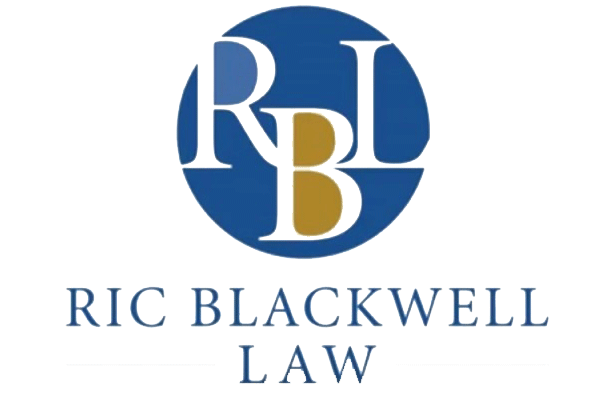Estero Corporation Attorney
How To Choose The Best Corporate Structure For Your Business’s Success
Your business has been going so well, you can now start thinking seriously about expanding. This may mean a bigger office, a second location, or even more staff—and you’re even considering adding a business partner to help with the workload. What should your first step be in your new expansion?
If you didn’t say “protecting your assets,” you should think again. While growth of your business signals more profit, it also opens you up to more problems—and if you haven’t solidified the structure of your business, you may lose it all.
If you haven’t already done so, you should choose a legal structure for your business as soon as possible. In most cases, a business will take one of the following forms:
- Sole proprietors. Businesses that begin with one person are often considered sole proprietorships. These are unincorporated businesses that are owned and run by one individual. However, there is usually no legal distinction between the business and its owner, making the owner personally entitled to all profits, but also responsible for all debts and losses the business incurs.
- LLCs. A limited liability company (LLC) is a popular business model for small companies and sole proprietors who want to protect their personal assets from business losses. An LLC prevents creditors of the business from seeking payment from any of the owners for business debt. In addition, LLCs allow owners to pay their business taxes on their personal tax returns rather than file a separate business income tax form.
- Partnerships. Partnerships function similarly to LLCs, with the notable difference that LLC owners are not personally liable for company debts and losses. Partners are not protected from business liability unless they have been designated in their partnership agreement as “limited” partners.
- Corporations. If a company grows beyond a few initial investors, you may wish to consider forming a corporation. A corporation offers shares of your company, usually with corporate stock certificates as proof of partial ownership. If you have multiple investors in your business or intend to sell shares to the public, you will likely need the protections that incorporation provides.
- Joint ventures. Sometimes companies will enter into partnerships with other businesses for a limited amount of time. This is called a joint venture, and is created when two or more established businesses agree to work together on a specific project, combining their financial and technical resources. While no formal filing is required, any joint venture arrangement should include a declaration on how each party will contribute its assets and how profits (or losses) are to be divided when the venture ends.
Why Does it Matter What Form Your Business Takes?
No matter if there are one, two, four, or twenty people who are involved in the running of your business, none of them will be legally protected from liability unless the proper forms have been filed. If you need legal help with your Sarasota business, contact me!
